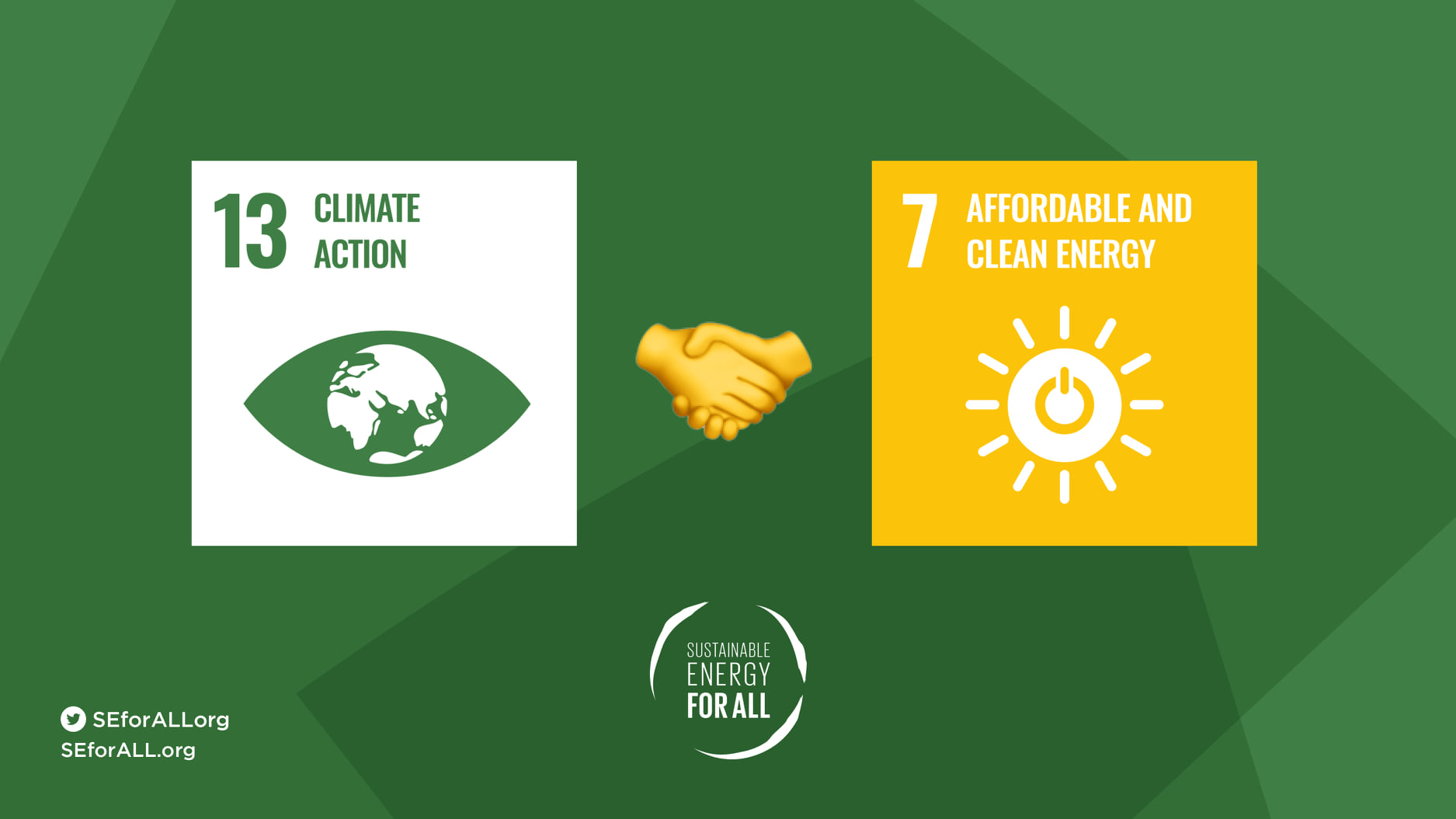The Nigerian Government, the United Nations Industrial Development Organization (UNIDO), the United States Government and the Global Environmental Facility (GEF) are on track to meet their commitments to reduce carbon emissions by 80% by 2050 and by 100% by 2060, respectively, to achieve Sustainable Development Goals 7 (Affordable and Clean Energy) and 13 (Climate Action).
Under the auspices of the Global Cleantech Innovation Program (GCIP) Nigeria, the three individuals hope to provide young Nigerians in the fields of technology, agriculture, industry, waste management, and water resources with access to financing and other support schemes that are aimed at generating wealth via environmentally friendly processes and techniques.
Director (environmental science and technology) Mr. Peter Ekweozoh recently revealed that the five-year journey to position Nigerian tech innovators on the global scale and deepen green tech across critical sectors of the economy was announced at the recent National Forum and Award Ceremony in Lagos.
Read also: African Energy Chamber (AEC) of Commerce request Investment in Energy
According to him, the federal ministry of science, technology, and innovation made its debut by initiating the Technology Needs Assessment for Climate Change Mitigation and Adoption in Nigeria’s Vulnerable Sectors, and the idea of calling for entries from aspiring entrepreneurs and innovators to proffer sustainable solutions was born.
After exhaustive and demanding processes, three (3) promising inventors and entrepreneurs were selected from a pool of twenty-five (25) applicants. The winner received $10,000, the runner-up $7,500, and the runner-up $5000. These techies would continue on to bigger projects that would help the Nigerian people.
After this, the program would be implemented throughout the entire country by the Ministry of Science, Technology, and Innovation. To refresh your memory, in 2015 Nigeria ratified the Paris Climate Change Accord, committing to cutting global warming by up to 47 percent across seven key sectors. Twenty-seven percent were conditional offers, while seven percent were unconditional.
To put it another way, we need to stop doing everything that contributes to the release of greenhouse gases (carbon dioxide). It’s a three-year plan to advance more eco-friendly forms of energy production, he insisted.
Mr. Jean Bakole, UNIDO’s Country Representative and Regional Director, elaborated on the program’s goals, saying that it aimed to create an environment favourable to the development of high-impact clean technology innovations and the attraction of large-scale investments.
As well as producing local environmental benefits, “this mechanism is predicted to deliver significant worldwide influence on reducing global temperature rise to well below 2° C,”
He claimed the initiative will improve the competitiveness of SMEs, innovation hubs, and startups by putting them in touch with the Global Cleantech Network’s investor, customer, and partner networks. Achieving SDGs 7 and 13 would be a top priority for Nigerian companies if this were to happen, he said.
About UNIDO
The United Nations Industrial Development Organization (UNIDO) is a United Nations specialised organisation that seeks to promote and expedite sustainable industrialization in developing nations and transition economies.
The Organization’s goal is to eradicate poverty via inclusive and sustainable industrial development (ISID), in line with the new global development agenda enshrined in the Lima Declaration of 2013. UNIDO focuses on three thematic goals to assist nations in their efforts to attain ISID: poverty reduction, economic competitiveness advancement, and environmental protection. This is accomplished through UNIDO’s specialist technical departments and extensive field presence.
AfDB Invests $21 Million In Chad’s Clean Electricity Project
About The GEF
The Global Environment Facility (GEF), created in 1991, is the world’s largest fund dedicated to environmental protection financing. Thus far, GEF Trust Fund replenishments have leveraged USD 20.65 billion in capital, which has been multiplied through facilitating 1:5 co-financing through multi-stakeholder alliances. By directing strategic investments to its partners, it works as a catalyst for action. The GEF is organised as a partnership network of 18 implementing agencies, including UN organisations, multilateral development banks, national institutions, and international non-governmental organisations, as well as donor and recipient countries.




